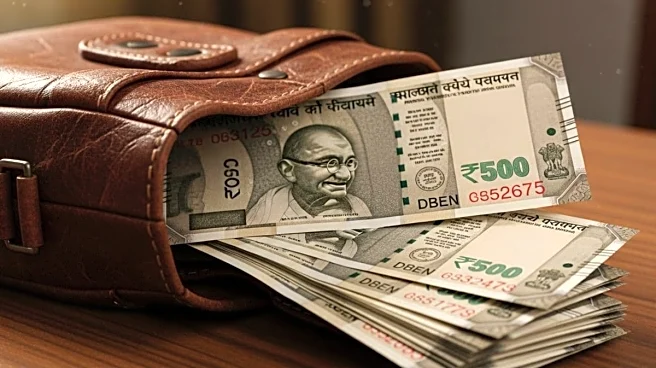
Tea is among the most popular beverages in the world. In India, a majority of people cannot even open their eyes without sipping on their favourite chai, which gives them instant energy. While it is loaded
with antioxidants and vitamins, how it affects your body mostly depends on how you prepare tea. However, doctors say, irrespective of that, having tea early in the morning on an empty stomach can have quite a few effects on your body. According to experts, whether you are reaching for that cuppa for hydration improvement, a cozy hug in a mug, or to clear your bowels, getting it right is important. Tea choice and timing can make a world of difference.
What happens when you drink tea on an empty stomach?
Nausea
Doctors say tea is loaded with tannins - bitter polyphenols that can be a double-edged sword. For many people, drinking tea on an empty stomach causes nausea or, in some cases, even vomiting. While it is common among many people, the same can be avoided if you brew your tea at a lower temperature or opt for a milder brew.Acidity
Having black or green tea in the morning, packed with caffeine and tannins, is great for boosting your mood and alertness. But these compounds can work against your stomach acid production, and when taken on an empty stomach, they elevate acidity. You may suffer from heartburn, cramps, or even bloating. Recurrent symptoms can lead to gastritis or even ulcers in the long run. So, it is important to consider having a light snack before your tea to minimize the risk of discomfort!Dehydration
Drinking tea first thing in the morning can contribute to dehydration since the beverage has a mild diuretic effect that increases urination. Your body is already mildly dehydrated after a night's sleep, so drinking tea on an empty stomach can exacerbate this effect if you don't replenish fluids with water.Negative impacts on metabolism
Early morning sipping of tea right after you wake up can potentially slow your metabolism as it increases stomach acidity and interferes with the digestive process. Even though the tea itself has also been linked to boosting metabolism, the caffeine and tannins disrupt metabolic activity and hinder nutrient absorption, especially if consumed before food. It also disrupts your gut's natural pH balance and potentially leads to inflammation over time.Cause anxiety and palpitations
When consumed without any food, tea with caffeine gets absorbed more quickly, which can lead to a faster spike in heart rate and blood pressure. It ultimately causes anxiety and heart palpitations in some people. Doctors say high caffeine content can be absorbed quickly without food, giving you a jittery feeling.How to safely have your morning tea?
For those who cannot get over the habit of drinking early morning tea, they should try to tweak a few things in their cuppa. To get over the side effects, you must- Eat before having tea with light foods like a slice of toast, a banana, yogurt, or even some nuts to slow caffeine absorption
- Always drink a glass of water before you sip tea to rehydrate your body
- Opt for herbal blends like chamomile, rooibos, or peppermint, which are completely caffeine-free and less acidic
- Time it right, as doctors suggest the best time to have tea is mid‑morning, after breakfast.
/images/ppid_a911dc6a-image-176143537483854914.webp)












